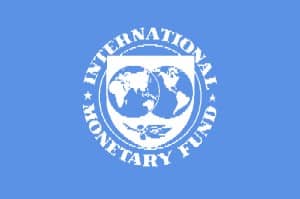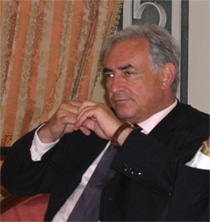Some Historical Reminders:
The IMF was created in 1944 during the famous Bretton Woods conference. Its role was to ensure the stability of the international monetary system after the First World War and thus to stimulate the growth of international trade.

The Scope of the IMF Since 1976
The Jamaica Accords marked the end of fixed exchange rates. This began the floating of currencies. The mission of the IMF was no longer the same. It now aims to prevent financial crises in countries that could endanger international trade. To do so, the IMF lends to central banks and ensures a long-term recovery from economic difficulties.
It particularly involves:
• granting loans to countries in financial difficulty
• advising member states on their economic policies
• providing technical assistance and training offers to member states in need.
Operation and Criticism of the IMF, DSK’s Presidency
The IMF is governed by its 185 members. Even though decisions are made by majority, the “votes” of the members are weighted by their financial contribution. The largest is that of the United States, which represents 17.5% of the votes, the smallest is that of Palau, which represents 0.001% of the votes. Eight member states have permanent representation and the other sixteen members of the Board of Directors are elected by the member countries.
The main critics present the IMF as an institution serving its largest contributors. They see it as an instrument to impose their economic views on the rest of the world, particularly on developing countries (its main borrowers).

By accepting the role of Managing Director of the IMF, Mr. Strauss-Kahn will have the opportunity to work for global economic development. However, for scheduling reasons, he will not be able to run for the 2012 presidential election.


